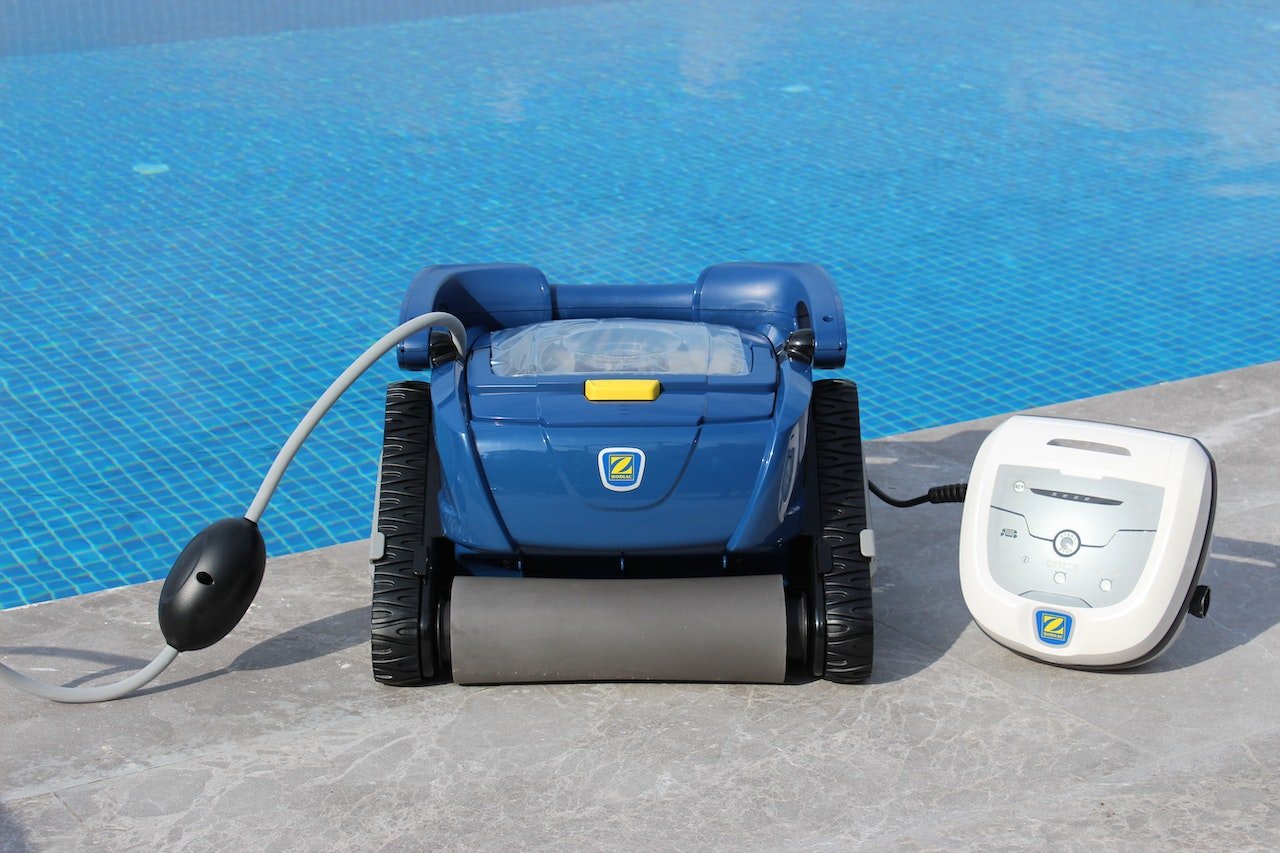
Maintaining and cleaning your swimming pool on a regular basis is essential for keeping it safe, healthy, and enjoyable. Pool maintenance can help prevent problems such as algae growth, cloudy water, or damaged equipment. It also helps reduce the amount of chemicals needed to keep the pool clean. Regularly maintaining your pool will not only save you time and money in the long run but also provide you with a more pleasant experience when using it. Here are some tips on how to properly maintain and clean your swimming pool so that you can enjoy its use for years to come!
Ensuring The Right PH Level
The pH level of the water in your swimming pool needs to be monitored and maintained regularly. The ideal range is between 7.2 and 7.6 – any lower or higher than this can lead to problems such as skin irritation, eye-stinging, and corrosion of metal fixtures. A reliable testing kit should be used to measure the pH levels on a regular basis.
In addition to testing the pH level, it is also important to maintain the appropriate alkalinity and calcium hardness levels in your pool. Alkalinity helps stabilize the pH level, while calcium hardness helps prevent the corrosion of equipment and staining of surfaces. The ideal range for these two levels is between 80-150 PPM and 150-250 PPM, respectively.
Cleaning The Pool
It is important to keep the pool clean on a regular basis by skimming the water surface, vacuuming and scrubbing the walls and steps, and brushing all of the surfaces with a brush or broom. This will help remove any debris, dirt, pollen, leaves, or other pollutants that may have settled in the water. A good robotic pool cleaner can alleviate a lot of the labor involved with manually cleaning your pool. It should be used at least once a week to get rid of any dirt that has accumulated on the bottom and walls.
Cleaning The Pool Equipment
The equipment in your swimming pool must also be regularly cleaned to keep it functioning properly. This includes the filter, pump, skimmer, and other components. The filter should be checked daily and backwashed or replaced if necessary to ensure that filtration is working properly. The pump should be checked for any potential problems and the skimmer should be cleaned of debris to prevent anything from clogging the system. For easier maintenance, try keeping a list of all your pool equipment and its maintenance schedule.

Chemical Treatment
Maintaining the proper chemical levels in your swimming pool is essential to keeping it safe and healthy. Chlorine is one of the most important chemicals used to sanitize and disinfect water and should be added on a regular basis as needed. Shock treatment should be used at least once a week to oxidize any organic contaminants that have built up in the water. It is also important to check and adjust pH levels as needed, as well as add algaecides or other treatments if there are signs of algae growth or cloudy water. It is best to consult with a pool maintenance professional to determine the best treatment for your pool.
Taking Care Of The Pool Surroundings
To prevent any harm to the surrounding area, it is crucial to maintain your pool regularly. shrubs regularly to prevent them from blocking the sun and interfering with pool equipment. Additionally, ensuring that there is no debris or dirt around the pool can prevent them from being blown into the water. Lastly, it is important to supervise any potential safety hazards, such as slippery surfaces or broken tiles. You want to make sure that the area around your pool is safe for everyone.
Testing For Chlorine Levels
Chlorine is an important chemical used in swimming pools to help keep them clean and free of bacteria. It is important to test for chlorine levels on a regular basis, particularly after heavy rains or if there have been any recent additions of fresh water. The ideal range for chlorine levels is between 1-3 PPM, so if the levels fall below this they should be adjusted accordingly.
Moreover, it is also essential to regularly check the pool for any debris, dirt, or debris that may have been blown into the pool. This will help keep your swimming pool safe and reduce the need for shock treatments and other chemicals in order to maintain cleanliness.
Checking for Cracks And Shell Deterioration
It is important to inspect the pool structure and shell on a regular basis for signs of cracks, chips, or deterioration. These can be caused by water pressure or exposure to harsh chemicals, so should be addressed immediately to prevent further damage. It may also be necessary to replace broken tiles or grout that have become loose over time.
While you are checking for any deterioration, look to see if the pool liner needs to be replaced as well. Pool liners can become brittle over time from exposure to UV rays or chemicals and may need to be replaced periodically in order to keep your swimming pool safe and functioning properly. A lot of pool owners will replace their liners every 10-15 years but it is important to check regularly and replace them as needed.

Using The Right Chemicals
The use of proper chemicals in your swimming pool is essential to maintain its safety and cleanliness. Chlorine, shock, algaecide, and pH balancing products should all be used as directed by the manufacturer to keep the water safe and clean for everyone who uses it. These chemicals should be added on a regular basis according to the manufacturer’s instructions.
Overdoing it with chemicals can lead to problems such as cloudy water, skin irritation, and corrosion of metal fixtures. To prevent this, make sure that you are not overusing any chemical products – stick to the recommended dosages for best results. Be sure to properly store and dispose of chemicals when not in use.
Regular pool maintenance and cleaning are essential for the health and safety of anyone who uses the swimming pool. Ensuring that pH levels, alkalinity, calcium hardness, chlorine levels, and other chemicals are within recommended ranges will help keep your swimming pool safe and clean. Cleaning the pool regularly and inspecting all of its components will help make sure everything is working properly and properly maintained. Taking care of the pool surroundings by keeping them free of debris and dirt will also help keep your swimming pool safe for everyone to use. With regular maintenance, you can ensure that your swimming pool is a safe and enjoyable experience for everyone who uses it.




